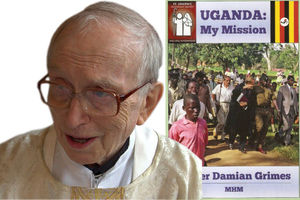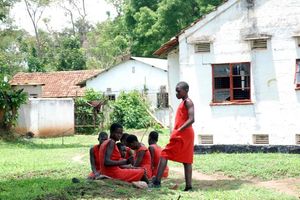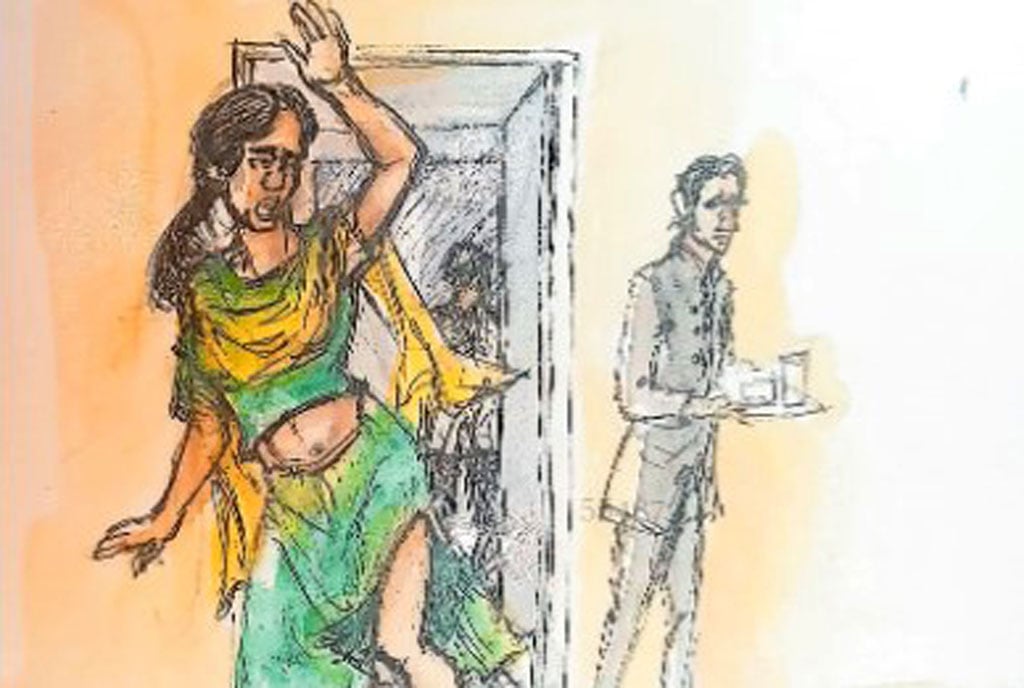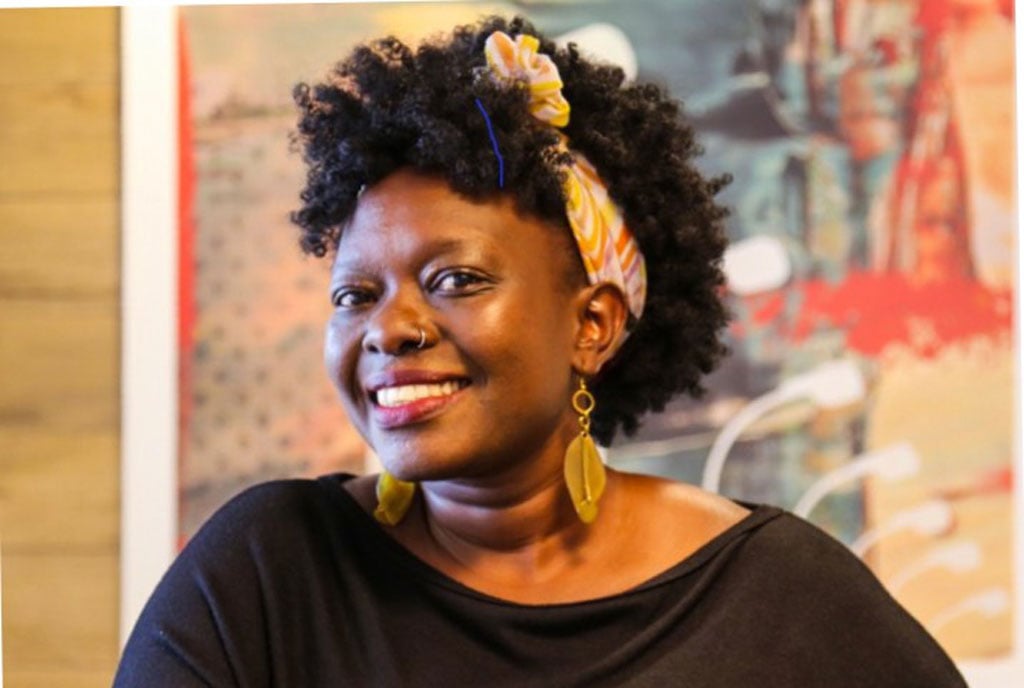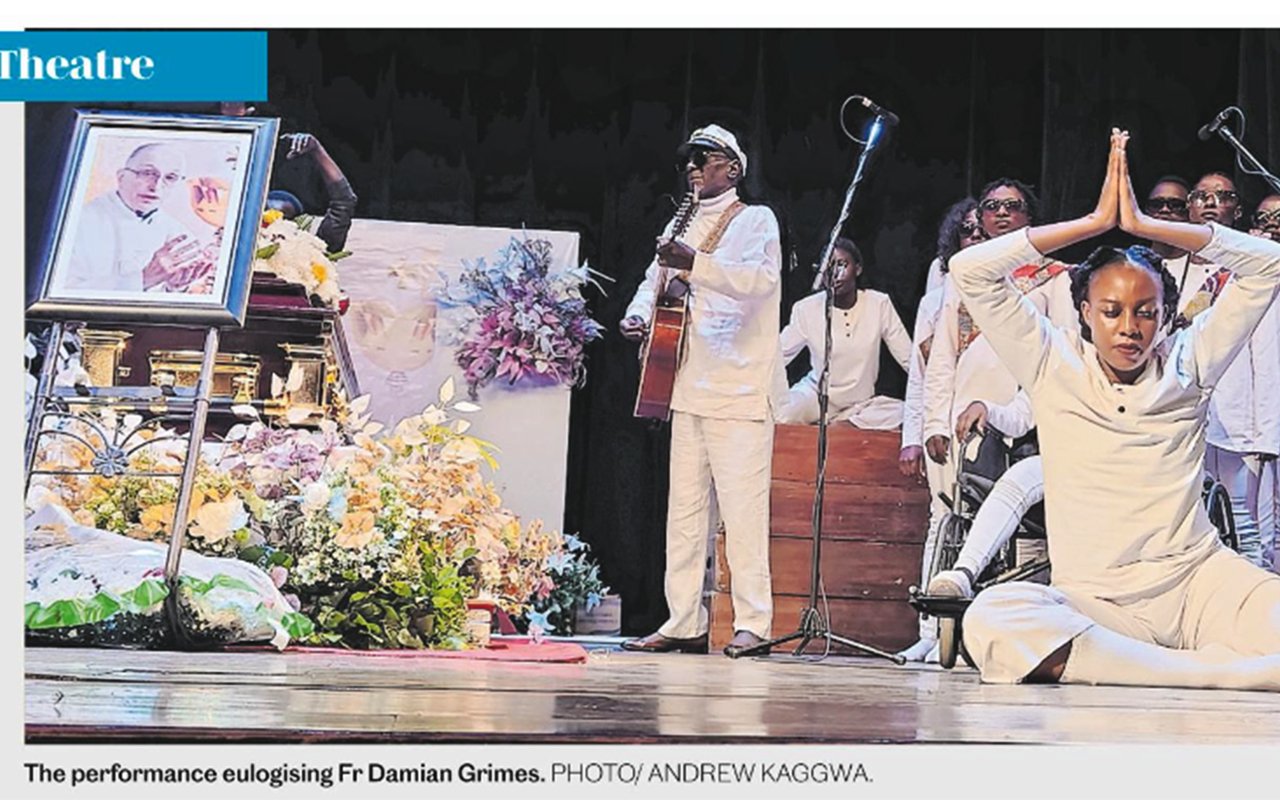
Namusa-Gali, was a phrase used to mean greeting the train when the railway had just been constructed. Then, a small town along the Nile in Kamuli was a railway station; it is believed that the phrase Namusa-gali was used to coin the town’s name, later known as Namasagali. This name, it is said, was created by locals who came to the station to see the metallic thing and would say, “Tuva kulamusa gali.” But that is just a narrative.
Another narrative is that the name was coined out of the sound the train made when moving, that sound cars make while moving over humps; in Lusoga, it is called okusaagala, hence the name Namasagali.
Regardless of the true narrative, there is one constant: the train that came to the town changed people’s lives and probably gave the place identity and a name.
Between 1912 and 1960, Namasagali hosted the headquarters of the Uganda Railway in eastern Uganda and was also the headquarters of the Posts and Telecommunication Services in Busoga. During this period, the British colonial government established a lot of development infrastructure in the area.
The beginning
However, due to heavy rains that submerged the railway installations, the railway became dysfunctional in 1961. In 1965, the railway premises were taken over by Kamuli College, later renamed Namasagali College.
Today, the town that was probably known for the railway station is known for Namasagali College and the man whose methods shaped a generation of leaders, entrepreneurs, and politicians, but above all, created the movers of Uganda’s modern cultural sector. That man was a priest, the Rev Fr Damian Grimes of the Mill Hill Missionaries.
Mostly known as simply Fr Grimes, he died on at 93 years last week, and since he had always wished to return to Uganda and eventually be buried here, he got his final wish.
On Thursday, he was eulogised by his former students, the arts, sports, education fraternities, and well-wishers at the National Theatre.
But, it was theatre that took centre stage because it was through theatre that many people got to learn about Namasagali College and the man responsible for the colourful productions. Between the 1970s and 2004, Namasagali College hosted one of the most anticipated shows throughout the year at the National Theatre.
Theatre, on Thursday, was experiencing that magic, the ambitious choreography, and sleek moves as some of theatre’s best minds, such as Amelia Mboto Kyaka, Rogers Masaba, and Grace Flavia Ibanda, came together to put on performances like they did when they were younger.
This time, however, it was to bid farewell to the man who was responsible for the spectacle.
To ordinary Ugandans, when you mention Namasagali College’s contribution to the arts, the names that will easily come to mind are singers Juliana Kanyomozi, Iryn Namubiru, and the founding members of the Obsessions, yet to the greater creative and cultural industry, that is only scratching the surface.
“We did shows that combined music, dance, and, at times, acrobats,” Kyaka says.
Kyaka is the president of the International Theatre Institute Uganda and is also an alumnus of Namasagali College.
Theatre
One could call theatre the doyen of the other arts, it is the only discipline that constitutes all the available arts to exist, thus when one trains as a theatre major, it is easy for them to branch into music, dance, drama, fashion and literature among others.
Thus, it is not surprising that even when Namasagali may have made a mark for its theatre productions, the school products have sprung in all cultural fields such as music, dance, events and business.
While eulogising him, screen actress and theatre director Kaya Kagimu Mukasa flanked by creatives including Kwezi Kaganda, Rachel Magoola, Kenneth Kimuli alias Pablo, Gerald Rutaro, Raymond Rushabiro, Harry Lwanga, Rogers Masaba, Herbert Kafrika and Sam Bagenda, said she picked her public speech from the priest because he always emphasised that they lengthen their vowels and articulate their words.
“Today, I still find myself opening my mouth wide to lengthen my vowels in order to articulate what I am saying,” she says.
Kaya Kagimu is one of the most respected Ugandan performers, she is articulate and always manages to have a presence even in a role she is not speaking. Her credits include Nathan Magoola’s Prestige, Mathew Nabwiso’s Sanyu, Sometimes in April, and Zebu and the Photofish. Her sister, also an actress and a Namasagali alumnus, Joanita Wandera Bewulira, too is a known figure in both Uganda’s theatre and film landscape with credits in films such as Jamma, The Last King of Scotland, Queen of Katwe and Rain.
Alex Mukulu, who did not study from Namasagali said he wished he had been there. In his eulogy, Mukulu says he only shook hands with Fr Grimes twice and also revealed he was afraid of him. Not because he was a bad person but because of the many things he could juggle, sports, arts and academics.
“I would come to the theatre and see all his shows of Namasagali, he had a Ugandan rainbow on stage, a show that brought together all Ugandans from different walks of life, the rich, and the poor. There was a mzungu bringing us together. We feared Namasagali for the expression, their self-expression was different, and the way they moved. So, I started competing with Father’s productions; he would bring and I would bring and later, I started looking for actors that went to Namasagali,” Alex Mukulu says.
Mukulu’s competition
But Alex Mukulu says his first encounter with Father Grimes’ knowledge was through his brother. His brother was a boxer and during his practise of the sport, he would get many things wrong.
“Fr Grimes told him to contest not to fight, which taught me something, that even during a boxing match, one had to be graceful,” he says.
During his memorial, Alex Mukulu along with a choir, choreographers Rogers Masaba and Lillian Nabagala performed an excerpt from his play Kalunkalu ne Kalumbisi, before doing a mash up of it with hymn songs.
From 1978 to 1998, Namasagali College managed to stage an annual show at the National Theatre, and when they came by, Mukulu says he would too show up to steal some ideas and scout future performers of his shows. In these shows, Fr Grimes never went wrong, whether they were adaptations, he was hands-on as the director. But others were written by him at times with some help from other writers such as Kwezi Kaganda, also his former student and choreographers such as Sandra Jones.
The mark
In 20 years, with titles such as Song of Bantu, Spanish Romance, Great Ceasar, and Song of Impi among others, Namasagali has a catalogue of original productions that no school may rival to date.
During the memorial, old students performed a dance routine from the 1991 production Spanish Romance, Sourela, a song that seemed to mourn, yet later, they came back with a celebration performance of Impi by Johnny Clegg and Juluka from Song of Impi. Did the mourners stand to dance? Yes, they did.
One of the performers, Deborah Namulondo later relived the performance saying it was the most heartbreaking moment of her life.
“You cannot imagine performing yet your heart wants to burst out loud. Your legacy will forever be felt,” she wrote on social media.
